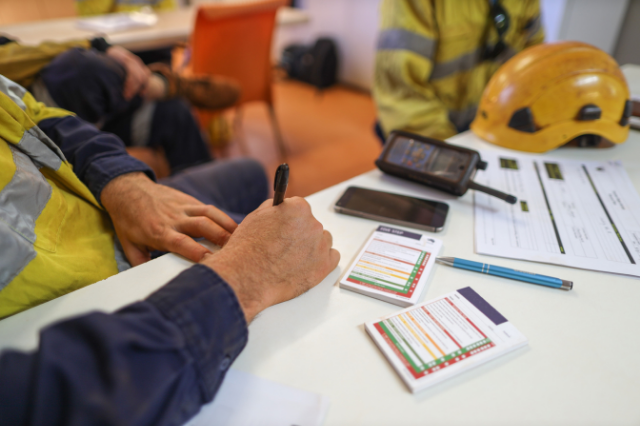Those working in the training industry are familiar with the fact that people learn in different ways, and there are various theories that support this claim. One of these theories is called Gagne’s Conditions of Learning; a decades-old theory that outlines different types and levels of learning.
To put it simply, Gagne’s theory breaks down the learning process into five main categories. These categories include: intellectual skills; cognitive strategies; verbal information; motor skills; and attitudes. Let’s break these down even further.
•Intellectual skills: The category of intellectual skills refers to the individual’s competence as well as the ability to respond accordingly to set stimuli.
•Cognitive strategies: This category measures the individual’s ability to learn new material, think about the new things they’ve learned, as well as recall learned information.
•Verbal information: The verbal information category involves an individual’s ability to memorize and recite information such as dates, phone numbers, names, and more.
•Motor skills: This category takes a look at one’s capability to perform tasks that involve motor skills, such as writing, drawing, driving, and more.
•Attitudes: The attitudes category considers a person’s attitude toward specific ideas, situations, or people.
Gagne’s theory states that a variety of internal and external conditions are needed for each skill set to be learned. Also, learning tasks in order to gain intellectual skills may be achieved by using a hierarchical structure based on complexity. This structure includes:
•Stimulus recognition
•Response generation
•Procedure following
•Use of terminology
•Discriminations
•Concept formation
•Rule applications
•Problem solving
The benefit of incorporating this structure into the learning process is to pinpoint prerequisites that need to be completed in order to facilitate learning at each level as well as to provide a basis for how instruction should be sequenced.
Instructional Events & Corresponding Cognitive Processes
Gagne’s Conditions of Learning theory also highlights nine different instructional events and their corresponding cognitive processes. These include:
•Gaining attention (reception)
•Informing learners of the lesson’s objective (expectancy)
•Stimulating recall of previously learned information (retrieval)
•Presenting the stimulus (selective perception)
•Providing learning guidance (semantic encoding)
•Eliciting performance (responding)
•Providing feedback (reinforcement)
•Assessing performance (retrieval)
•Enhancing retention and transfer (generalization)
Gagne’s purpose for developing these nine events and corresponding processes was to provide guidelines for how to create the framework and guidelines for instruction.
Application
Before applying Gagne’s conditions of learning to training materials, the learning goals and objectives should first be established. Then, the trainer should categorize the established learning objectives into one of the five main learning categories highlighted at the beginning of this article.
Once each learning goal is categorized, the trainer should use Gagne’s conditions of learning to determine the conditions that are needed in order to achieve the desired learning goal. Following these steps will ultimately lead to the creation of a lesson plan with a clear objective.
Of course, designing training materials isn’t simple. But, Safety Mentor is here to help. Contact us today to learn how our team of professionals can help you take your training to the next level.



.png)

